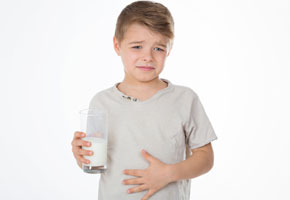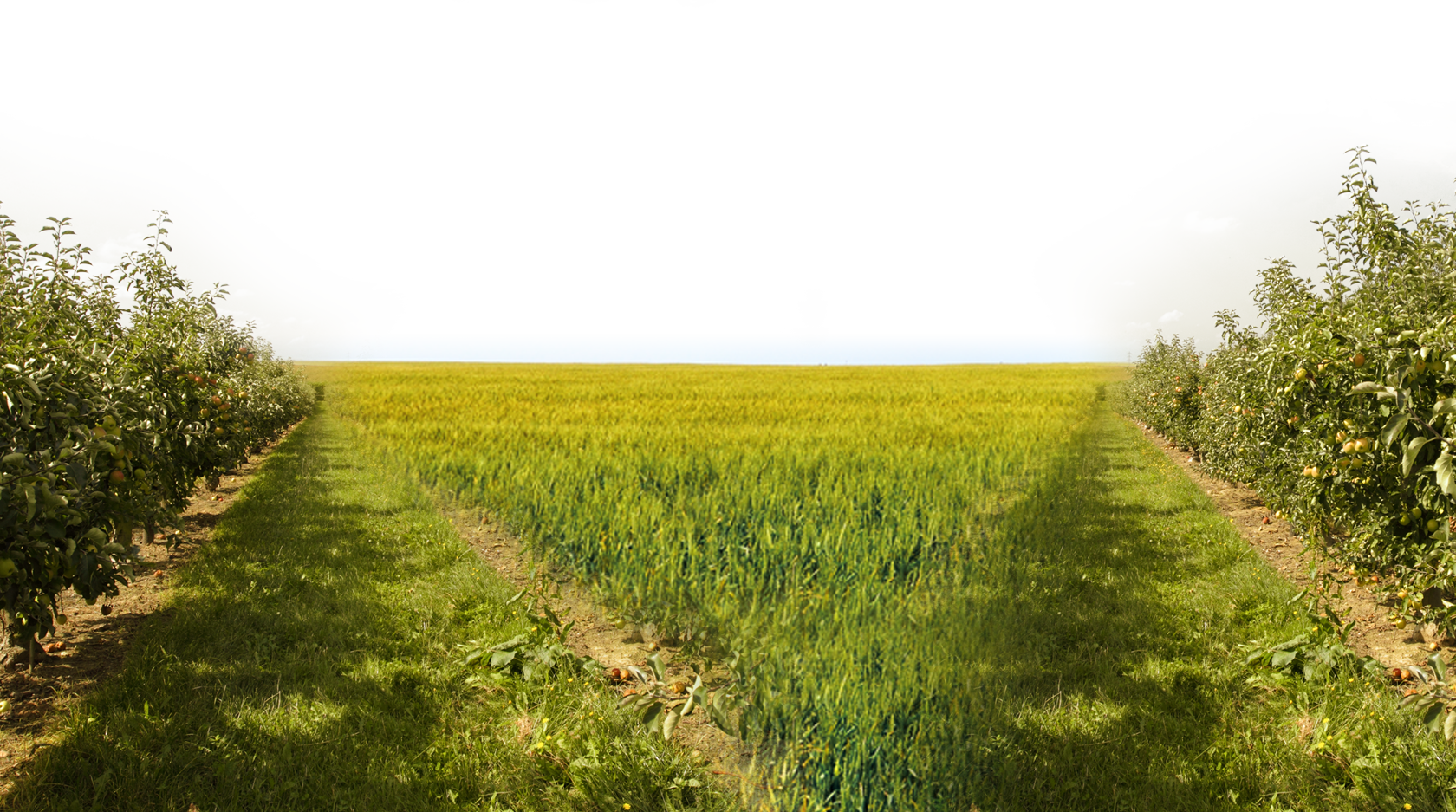
If You Think You Have a Milk Allergy – Or Even If You Don’t
By Karen Shepard | 2 Comments | Posted 01/11/2015
I love Milk. I grew up loving it. We did not have a lot, but we had milk. It was one thing you could count on. We bought ours from the store, but when I was very young, my grandmother still had her milk delivered to the door. It came in heavy glass jars. The milkman literally came and dropped off her weekly order, which sat in an insulated tin box till she opened the door to fetch it. I remember her taking the lids off those sweetly curved bottles and pouring the cream from the top. For those reasons and about a million others, when I began hearing that milk may not be all that good for you I just could not believe it.
Then my first grandchild came, bringing with him gastronomic apocalypse. My daughter quickly ascertained that something was not right and under the advise of her pediatrician, switched him to a non dairy substitute. “Its just one of those really odd, unlucky things,” I thought.
Then came my second grandchild and a call from my other daughter saying “… So I asked the Dr., ‘Is it normal for babies to have diarrhea that shoots across the room and lands in your hair?’” (I am not making this up.) O.K. clearly something is not right. In what country, I wonder, do babies get shooting diarrhea from milk? Well, ours for one, and we are not alone. How did this happen? Well, actually its been happening for a long time but we just weren’t aware of it. At least not in the US I grew up in. Campaigns for milk, and government subsidies for dairy bolstered up and touted milk as the totally wholesome drink it isn’t.
Today the Department of Agriculture’s recommendation for dairy is still three cups daily – that’s 1½ pounds – for every man, woman and child over age 9. That is an awful lot of anything to consume on a daily basis.
Why is this a problem? Well, for some lucky folks it might not be, but for a significant part of the population it is. And it’s not just kids. Hindsight being what it is, I now realize that my Mother in Law probably had a dairy sensitivity that masqueraded as “indigestion,” passed along to my spouse who has his updated diagnosis of GERD or “acid reflux.” After decades of taking Tums for “heartburn” and then graduating to proton-pump inhibitors, we are coming to understand that it may just be diet that is to blame, milk specifically.
If you think you have a milk allergy – or even if you don’t,
What Happens With a Milk Allergy?
Allergic reactions are the body’s immune system gone haywire. When someone is allergic to a particular food, it’s the proteins in that food that the body is overreacting to. In cows milk the proteins are divided into two groups. Solids -curds and whey, (which is about 80% of the protein,) and the watery part left over which accounts for the other 20%. People can be allergic to one or the other or both. The body attacks these proteins as if they were harmful invaders and releases its defenses. These defense chemicals – according to kidshealth.org result in some of the following:
- wheezing
- trouble breathing
- coughing
- hoarseness
- throat tightness
- stomachache
- vomiting
- diarrhea
- itchy, watery, or swollen eyes
- hives
- red spots
- swelling
- a drop in blood pressure
Contrary to popular belief, allergies are not all that common, and usually occur within minutes to hours after eating foods that contain milk proteins.
So again, why the milk hysteria? – Enter Lactose intolerance.
Milk allergy and lactose intolerance are not the same thing, though they can share many of the same symptoms. Lactose intolerance is when your digestive system doesn’t produce enough of the enzyme needed to break down the sugar in milk. Here is an excerpt from Dr Greg Laden’s blog, which I found both helpful and entertaining. He says:
The vast majority of humans do not digest lactose as adults, only as babies, like normal mammals do. With the rare and odd population exception of Western Europeans, and Western Europeans have another somewhat unique trait: They define everything else in the universe in relation to themselves. So, if Africans and Asians and Native Americans and Australians and even a bunch off other Europeans are normal mammals and don’t digest milk as adults, then that condition … being normal … must be the disease.”
So really what he is saying is that lactose intolerance, or the inability to breakdown the sugars in milk is the true “norm.” According to Dr Laden, and a lot of other current research, we aren’t meant to drink milk except as infants and even then, not cow’s milk.
Luckily the marketplace has begun to change to accommodate this fact, and there are a lot of substitutes available. Like anything there are pros and cons with each, though if you are suffering with an allergy or intolerance, sometimes the lesser evil is an improvement worth investigating. If you think you have an intolerance, or are allergic to milk, talk to your doctor. Another simple (and free!) way to find out is to eliminate it from your diet for a few weeks and see if your symptoms subside. There are some great recipes (below) for do it yourself milk substitutes. If you decide to explore the world of milk substitutes already on the shelf, be careful to read the sugar content which can be as high as some sodas. Also watch your labels for carrageenan, which is common in many milk substitutes including soy and almond.
Milk-allergy-is-the-most-common
Healthy Home Economist. – recipes for the three best substitutes for a child allergic to milk
What-is-the-best-alternative-to-milk?
http://kidshealth.org/teen/food_fitness/nutrition/milk_allergy.html


 Contact us
Contact us




























2 Responses to If You Think You Have a Milk Allergy – Or Even If You Don’t